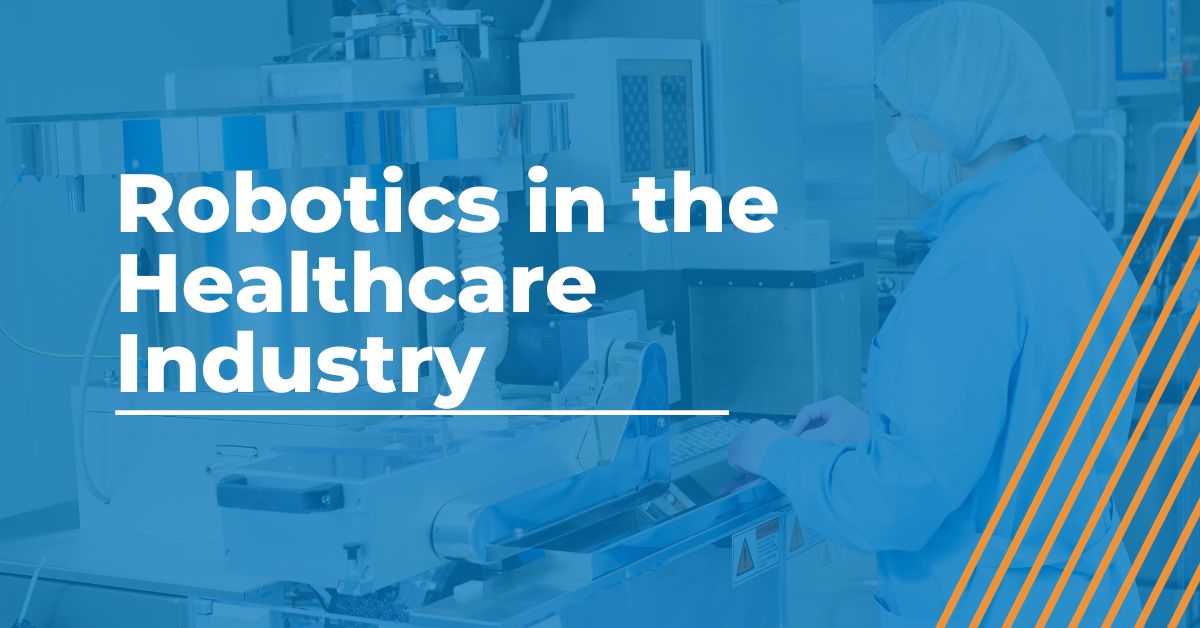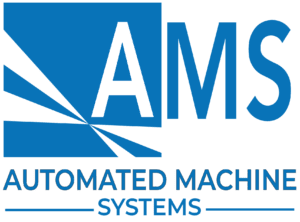
The Role of Robotic Process Automation in the Healthcare Industry
Robotic process automation (RPA) has been on the rise across all industries for a while, partially thanks to the COVID-19 pandemic, but also because of the wide range of benefits that automation provides businesses. Now that we are out of the pandemic, RPA is more popular than ever, especially in the healthcare industry. The benefits of RPA can help enhance not only medical device manufacturing, but every area of the healthcare and medical industry.
Benefits of Robotic Process Automation
In such a competitive industry, any innovative way to increase productivity is highly sought after. RPA has become the most strategic solution for enhancing overall operational processes, but what makes it so effective? The benefits of robotic process automation for the healthcare industry include but are not limited to:
- Efficiency. RPA involves automating repetitive tasks, making it ideal for the healthcare system. Whether it is inputting data, making comprehensive schedules or manufacturing devices, having an efficient way to complete these tasks gives employees the ability to give more attention to their other responsibilities.
- Accuracy. Automation offers the unique benefit of reducing human error. Healthcare requires precision while also demanding speed, making RPA an excellent solution. Employing automated robotics in these areas of healthcare is a great way to ensure a speedy and accurate completion of tasks.
- Cost-effectiveness. By automating manual processes, RPA helps cut labor and operational costs. On top of that, the reduction of human errors makes it so that money is not lost in addressing those errors. Cost is a crucial aspect of any industry, but especially in healthcare where every dollar matters.
- Scalability. The medical industry is ever-changing and always growing, which means that the industry’s systems and processes also have to grow. RPA offers scalability, being able to increase and fluctuate in the varied and sometimes unpredictable situations often presented in healthcare.
COVID-19’s Effect on Robotic Process Automation
While overall benefits of RPA are the main reason the industry is now booming, the pandemic played a big part in ramping up RPA. The pandemic caused a panic in the healthcare industry, with more need for extra support and speed than ever. Businesses truly began to look to automation for help. Adopting RPA allowed healthcare industry leaders to redistribute their efforts to curtail employee burnout in a time of chaos. It also allowed for faster and more efficient manufacturing of essential medical equipment.
Want More Information on RPA?
Here at AMS, we specialize in automated and robotic systems, especially in the medical manufacturing industry. We understand that automation can be confusing and tricky. That is why we offer a variety of resources for businesses that are looking for ways to employ robotics and automated systems in their production processes. If you have any questions, feel free to contact us or book a virtual meeting to discuss all your automation needs.
Our Automated Medical Manufacturing White Paper Will Help You Envision New Ways of Operating
Reading this white paper will help you:
